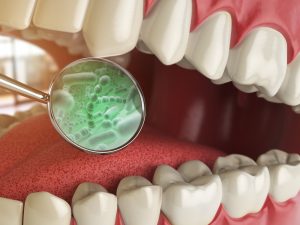Adults with diabetes are less likely to visit the dentist than people with prediabetes or without diabetes, according to a new study.
The study showed an overall decline in dental visits among adults with and without diabetes, but people with diabetes were consistently the least likely to obtain oral health care.
Research has shown a two-way relationship between diabetes and oral health. People with diabetes are at an increased risk for periodontal disease, a chronic inflammation of the gums and surrounding tissue and bone, while periodontal disease has an adverse effect on blood glucose control—which can contribute to the progression of diabetes. In fact, periodontal disease has been called the “sixth complication” of diabetes after issues like kidney disease, damage to the retina, and heart disease.
For people living with diabetes, regular dental check-ups—paired with proactive dental and diabetes self-care—are important for maintaining good oral health. Regular dental visits provide opportunities for prevention, early detection, and treatment of periodontal disease, which can potentially help with blood glucose control and preventing complications from diabetes.
If you, your family or friends need dental care, we would be honored to provide you with state-of-the-art dental care in our modern dental practice. Refer someone you love to someone you trust!
Presented as a service to the community by Doctors Hoover and Yanda,
39 Milford Drive, Hudson, Ohio 44236. 330-650-0360. www.drshooverandyanda.com

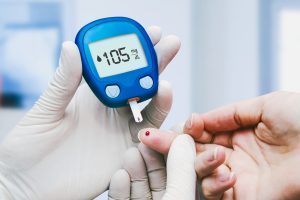
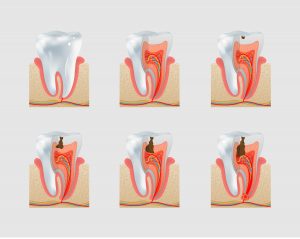
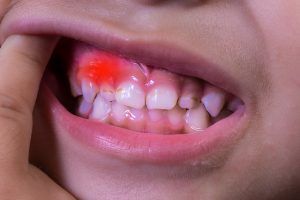
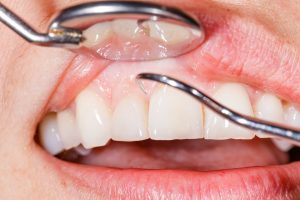 and clogging of the arteries with fatty substances called lipids. Immune cells stick to the walls of blood vessels, scavenge lipids, and multiply. The blood vessel walls inflame and thicken as the smooth muscle cells lining them change, swelling and dividing to create plaques, clogs, and warty growths called atheromas.
and clogging of the arteries with fatty substances called lipids. Immune cells stick to the walls of blood vessels, scavenge lipids, and multiply. The blood vessel walls inflame and thicken as the smooth muscle cells lining them change, swelling and dividing to create plaques, clogs, and warty growths called atheromas.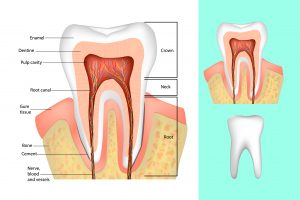 becomes deep enough, it exposes the pulp of the tooth to the bacteria that cause infection. Your body fights the infection by sending increased blood flow to the area. But because the tooth’s nerve and pulp are encased in enamel, pressure builds inside the tooth as a result of the increased blood flow. Swelling and pain begin.
becomes deep enough, it exposes the pulp of the tooth to the bacteria that cause infection. Your body fights the infection by sending increased blood flow to the area. But because the tooth’s nerve and pulp are encased in enamel, pressure builds inside the tooth as a result of the increased blood flow. Swelling and pain begin. them over a prolonged period and holding them in the mouth is not good. The acid dissolves minerals in the enamel, making it thinner.
them over a prolonged period and holding them in the mouth is not good. The acid dissolves minerals in the enamel, making it thinner.
 perform the activities of daily living. Frailty is a major healthcare challenge for older adults and caregivers. Someone who is frail can be weak, have less endurance, and be less able to function well. Frailty increases the risk for falls, disability, and even death.
perform the activities of daily living. Frailty is a major healthcare challenge for older adults and caregivers. Someone who is frail can be weak, have less endurance, and be less able to function well. Frailty increases the risk for falls, disability, and even death.